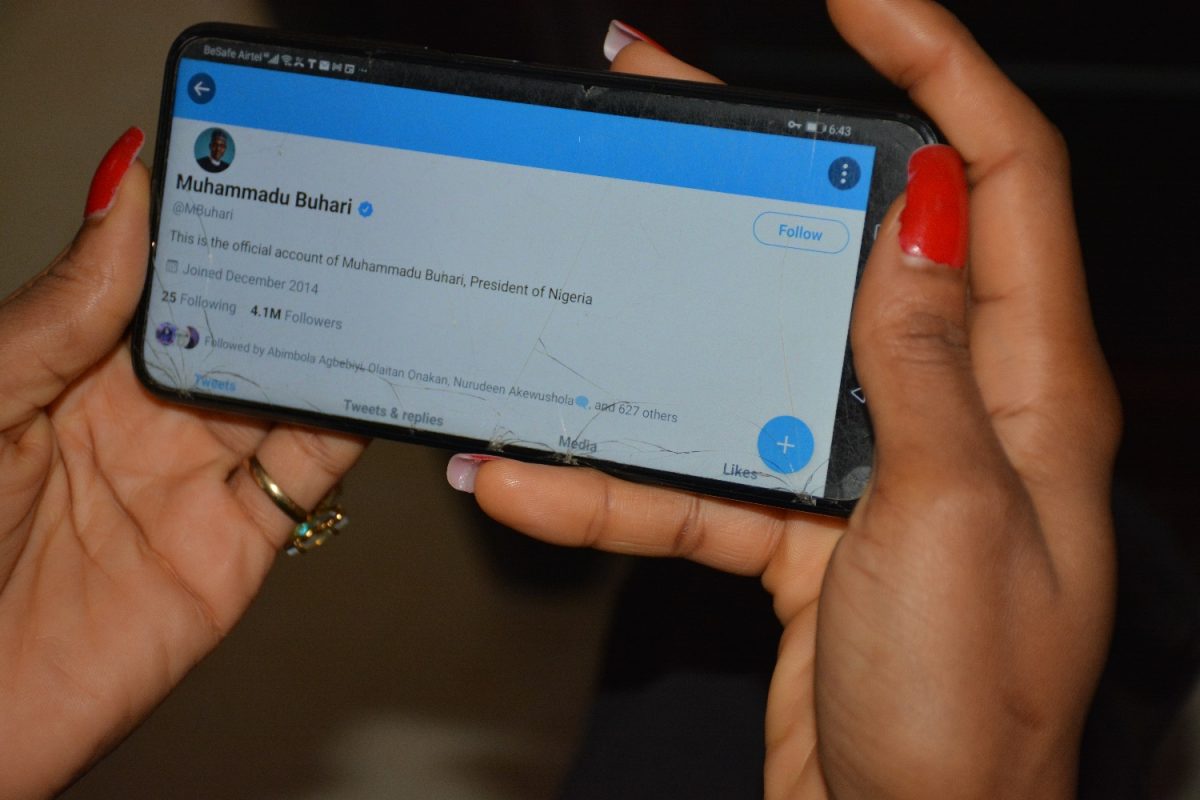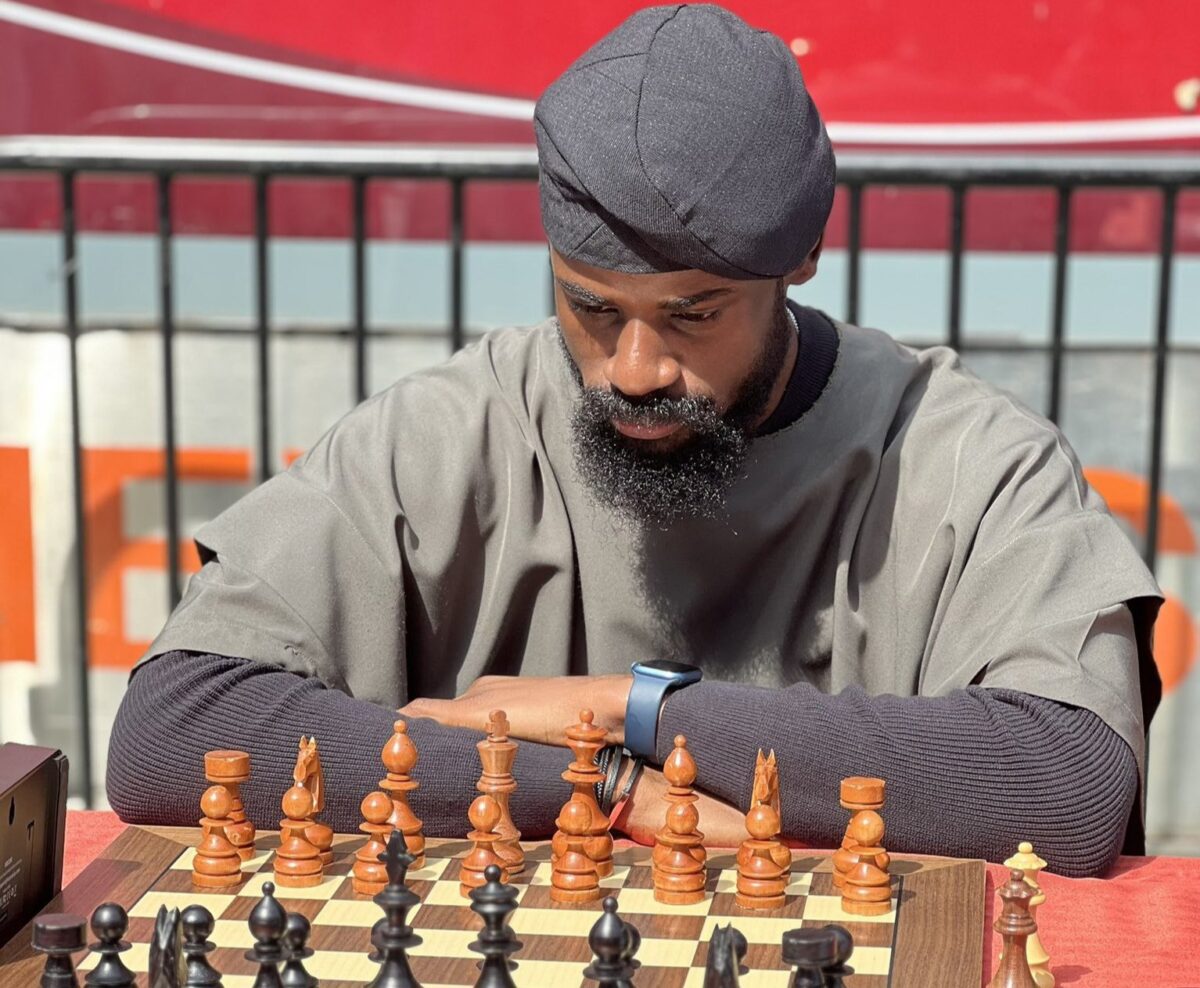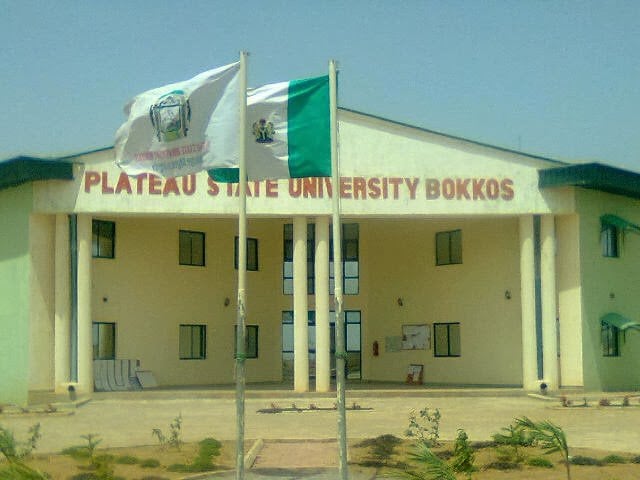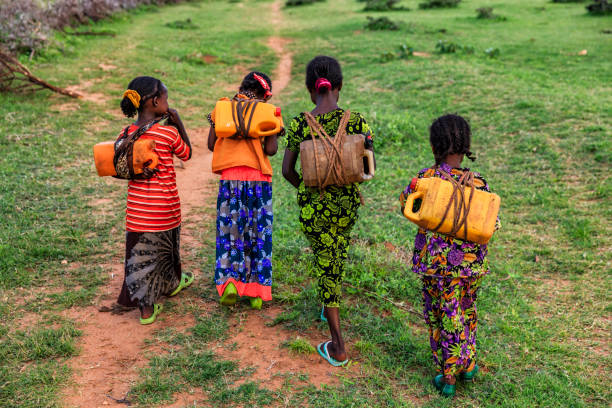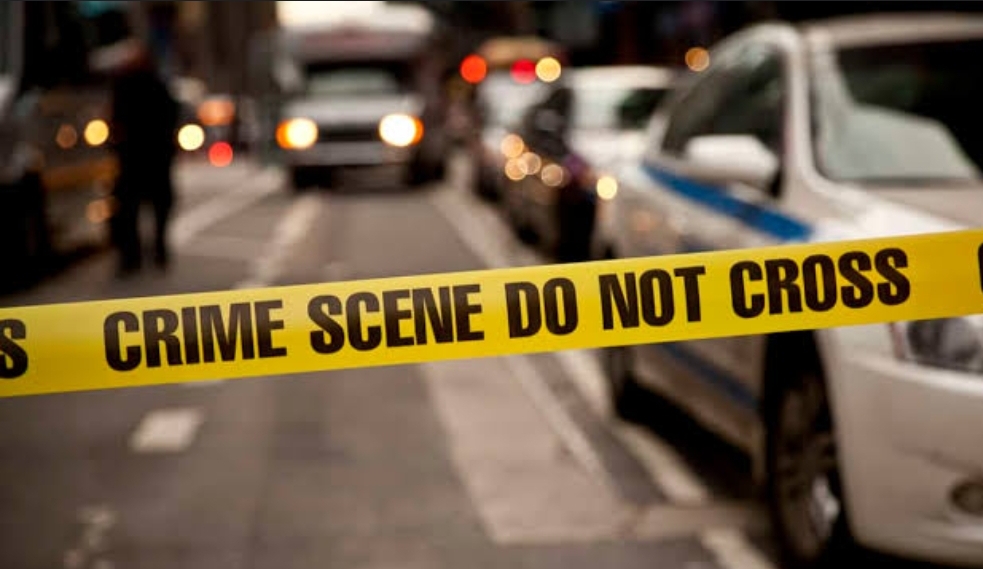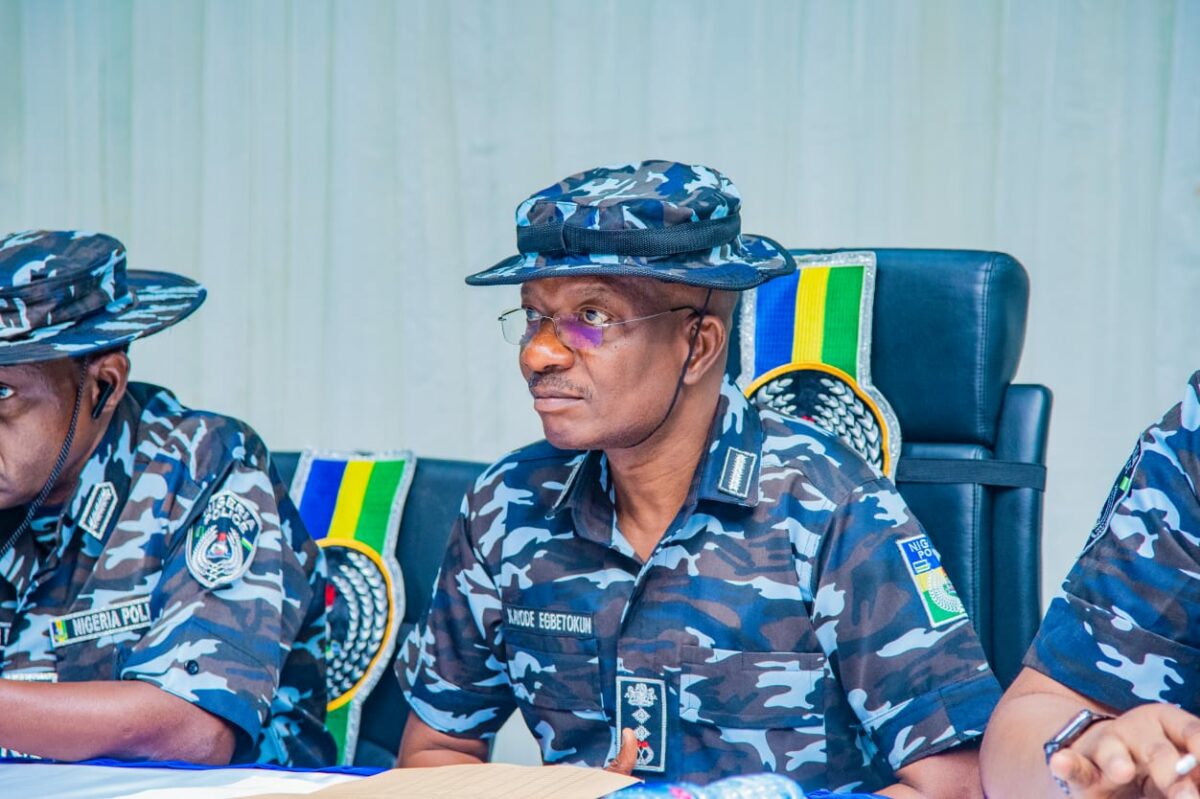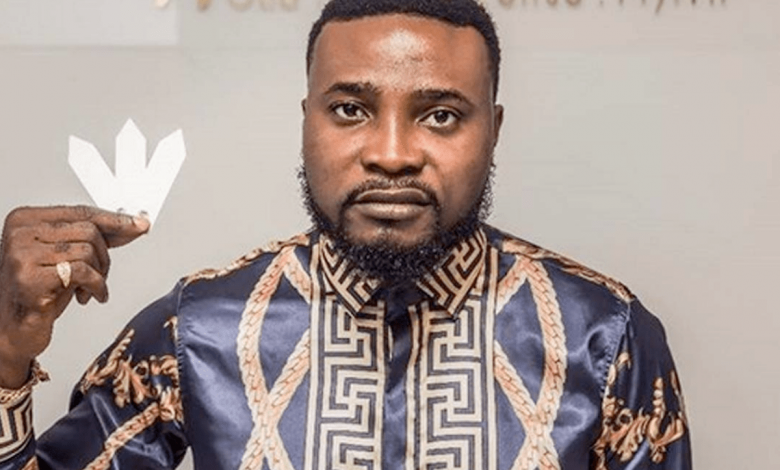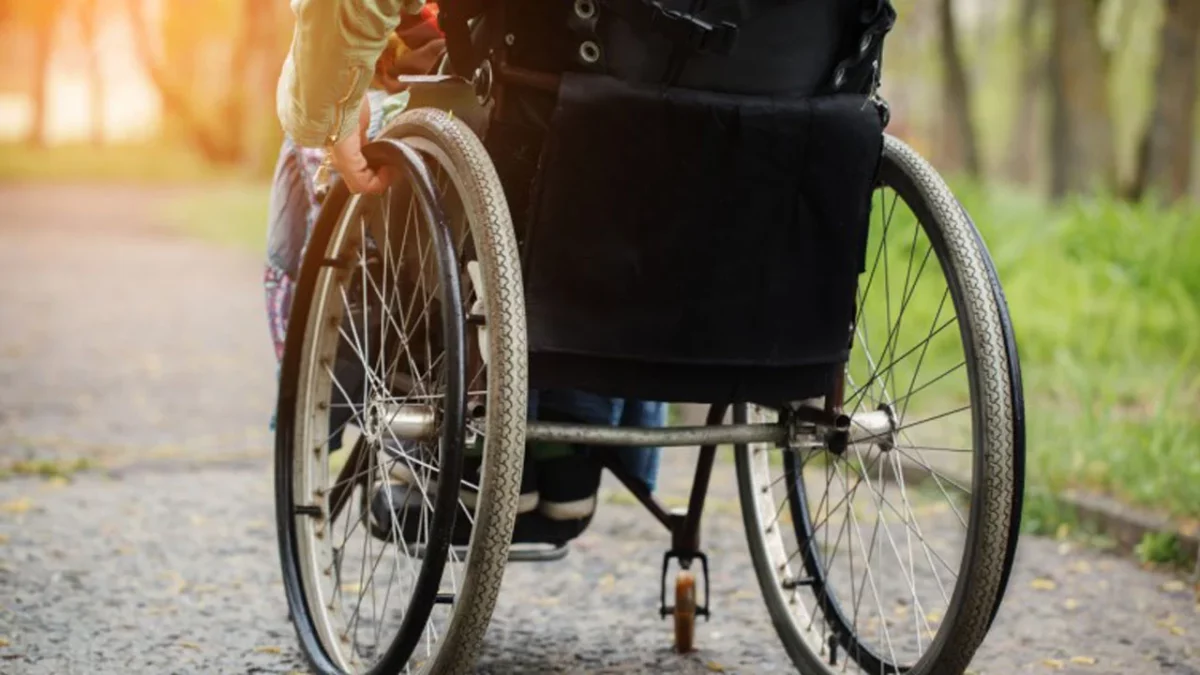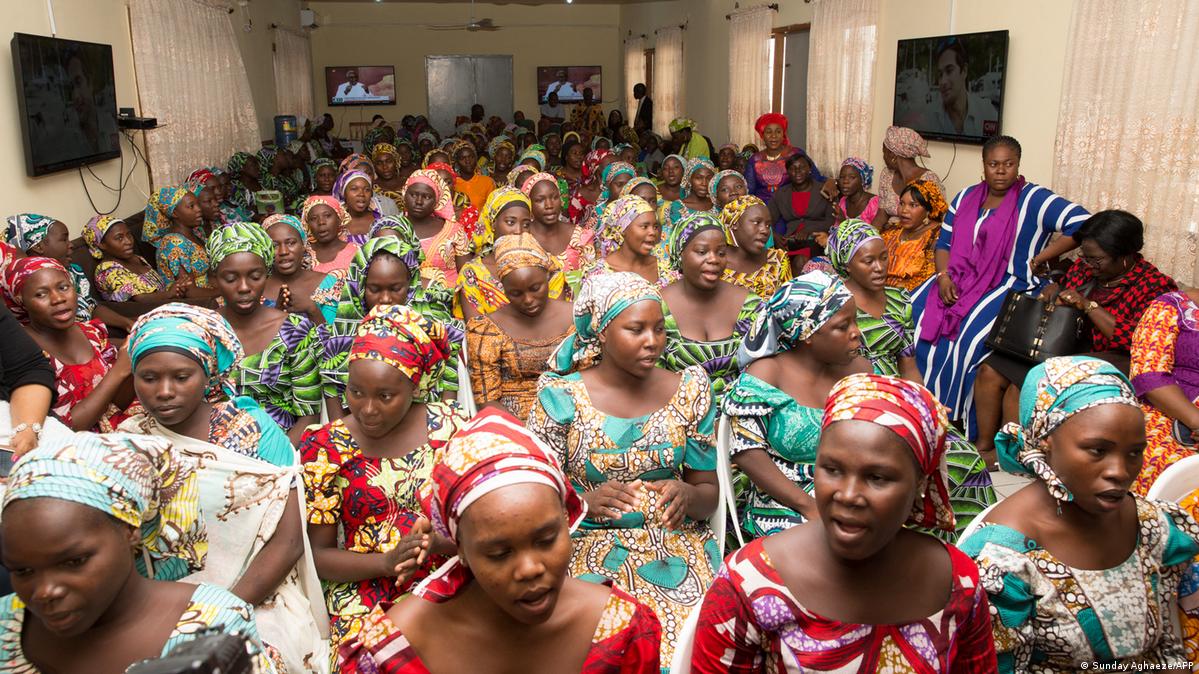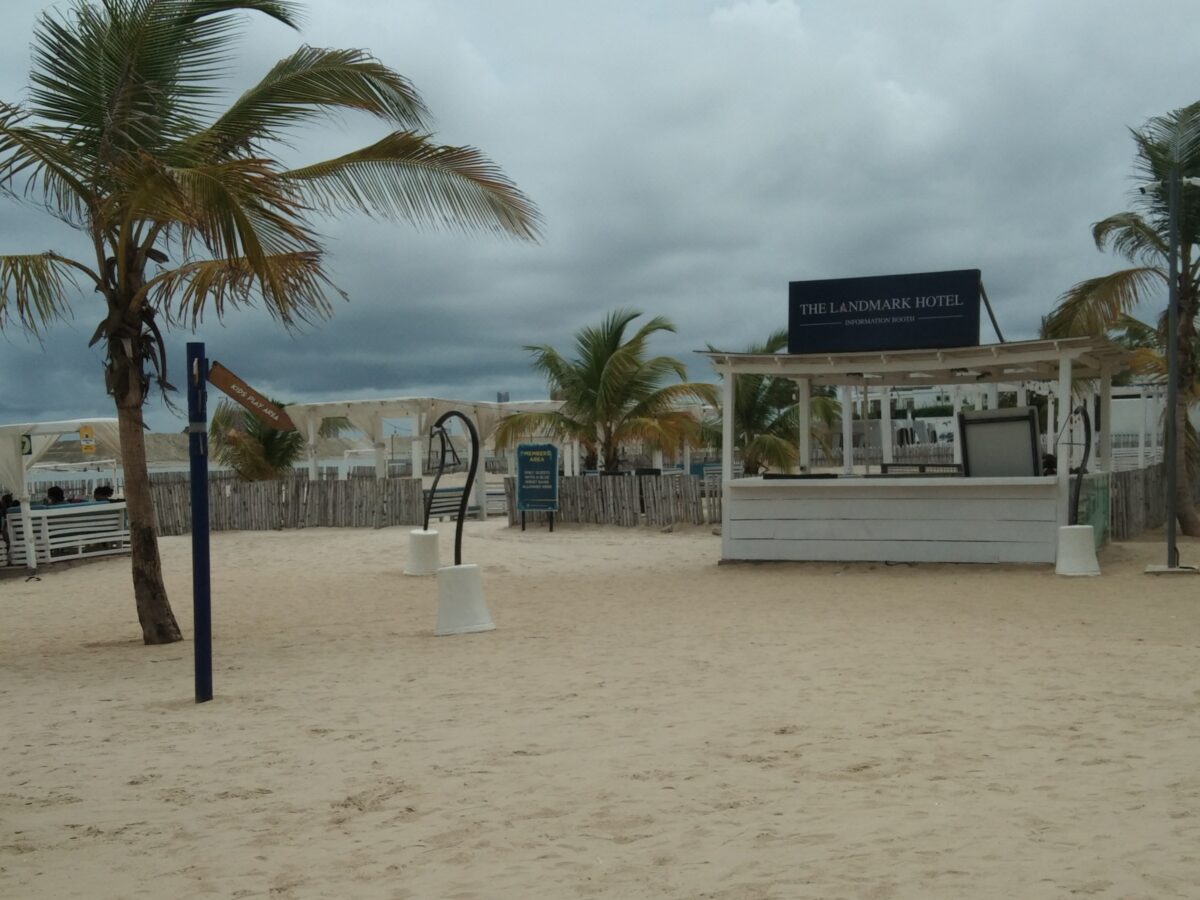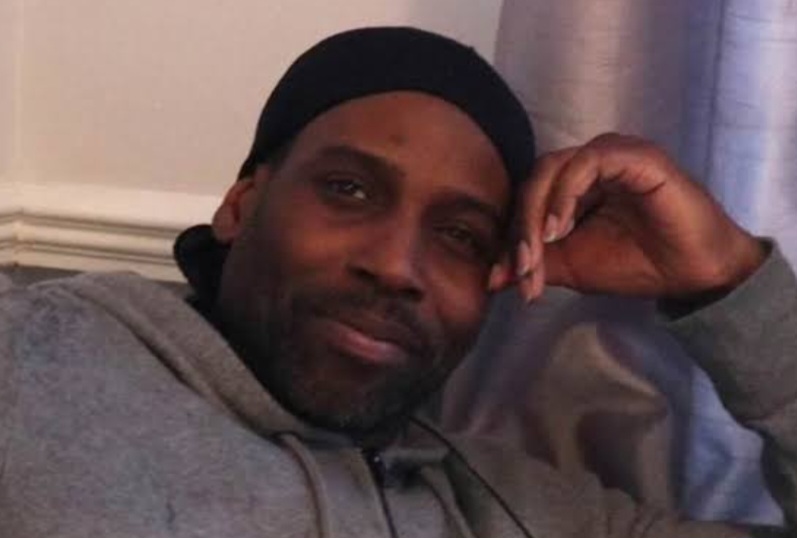This piece was originally published by Al Jazeera.
I knew on October 14, 2020 that Jack Dorsey would eventually run into trouble with Nigeria. No president in the world would have offered him a pat on the back for inviting donations to a movement that shook the government to its foundations. From the perspective of any government, the founder of a tech giant had helped to fuel a country’s internal crisis by leveraging on his huge global reach to appeal for funds. There are a million and one respectable ways for a government to react; but on matters like this, the stance of the current Nigerian government is often over-the-top.
Make no mistake: Buhari’s deleted tweet is the climax — not the trigger — of the Nigerian government’s anger with Twitter. Nigeria’s real problem with Twitter is its status as the most prominent tool for civic slating of Buhari’s underwhelming government. This reached a head during the #EndSARS protest, probably Nigeria’s most organic protest ever. Surely, that protest couldn’t have happened without Twitter; it was the galvanizing platform through which victims of police brutality relived their sufferings at the hands of the men in black. Having spent days in a police cell and in prison under cover myself, I knew majority of these narrations were pure truth. The continuous outpouring of these experiences inflamed protesters’ anger and armed them with the willpower to troop to the streets day after day. The biggest open secret in Nigeria about the protest was the hiring of thugs by government to attack protesters, and infiltrate and discredit their movement. It is on record that state agents invested a lot of effort in covering up the deaths and injuries from the military raid that finally brought the protest crashing. Eight months after the protest, Twitter remains the only platform where those events are sporadically revisited, sometimes on the 20th day of the month but many times without any specific prompting. Twitter remains a thorn in the flesh of the Nigerian government, the one lasting remembrance ground for the blood that was shed at the Lekki Toll Plaza, Lagos, on October 20, 2020.
In announcing the Twitter suspension, Lai Mohammed, the Minister of Information, faults Twitter’s failure to delete incendiary tweets by Nnamdi Kanu, leader of the secessionist Indigenous People of Biafra (IPOB). But this claim ignores how Buhari’s tweet was massively reported by the public, and the government’s culpability for the same bias it accuses Twitter of. Kanu’s secession-fueling tweets are nothing compared to the weight of a President threatening citizens with the treatment of a Civil War most remembered for the genocide suffered by south-easterners. The Buhari government exists on the mandate, or pretends to be, of the people; Kanu exists because of the failures of the government. Therefore, the two parties cannot assume the same responsibility levels. The realisation that this government can’t see the divisiveness and needlessness of that Buhari tweet, and the barefacedness with which it is going about it, is quite disturbing.
As far as the IPOB subject is concerned, Nigeria’s problems are self-made. Twitter merely serves as the amplifier. Many of those who reported Buhari’s offensive tweet have no sympathy for IPOB, but they’re worried by government’s obsession with Kanu and his people at the expense of more glaring and devastating threats to Nigeria’s corporate existence. In 2017, the Buhari government rushed to declare IPOB a “militant terrorist group” via the Army in violation of the country’s Terrorism Act, before subsequently acting in accordance with the law. Four years later, it still hasn’t mustered the courage to so declare herdsmen, despite their designation in 2015 by the Global Terrorism Index as the fourth deadliest terror group in world; only Boko Haram, ISIS and al-Shabab were deemed deadlier! Just three days ago, herdsmen killed at least 25 and razed houses, shops and a palace in a town in Nigeria’s South West, but they aren’t yet terrorists because of Buhari’s apparent bias for herders, being one himself. Bandits are terrorizing Nigeria’s North; since December 2020 alone, they have abducted close to a thousand and their unofficial spokesman Sheikh Abubakar Gumi often burnishes their image in the media. Still, to the Nigerian government, killers and kidnappers are no terrorists.
Lai Mohammed’s claim that Twitter has become a platform for “activities that are capable of undermining Nigeria’s corporate existence” is implausible. The biggest threat to Nigeria is the lack of inspirational governance. The people are hungry. The naira continues to weaken; Nigerians’ spending power is reducing. Unemployment is biting. Quality healthcare is lacking. Herdsmen, bandits and insurgents are unrestrainedly killing the people. Solve these problems and watch Kanu disappear into obscurity; nobody listens to him if they have food on their table. Nobody joins the June 12 protest if healthy and gainfully employed.
Good governance is the ultimate secret to securing Nigeria’s corporate existence. The Twitter that Buhari leveraged on in 2015 in asking the people to condemn the failure of the Jonathan government can’t suddenly be the problem in 2021. It shouldn’t be taken away from the people currently using it to advertise his own failings — unless, of course, he’s saying we can count the remaining two years of his tenure an accelerated waste.
This piece was originally published by Al Jazeera.
Soyombo, former Editor of TheCable, is the Founder of the Foundation for Investigative Journalism (FIJ)
Subscribe
Be the first to receive special investigative reports and features in your inbox.


